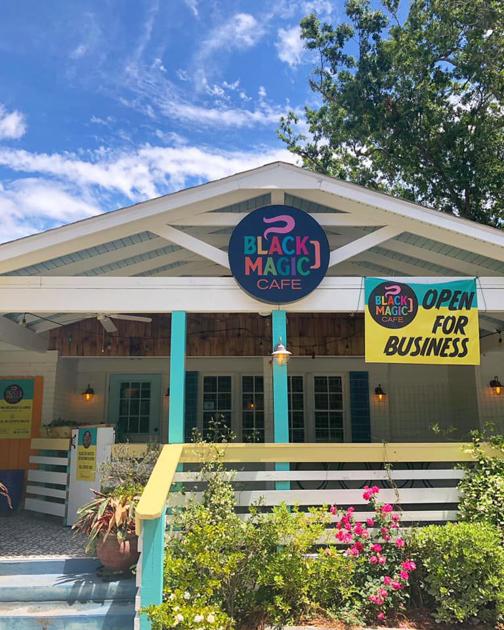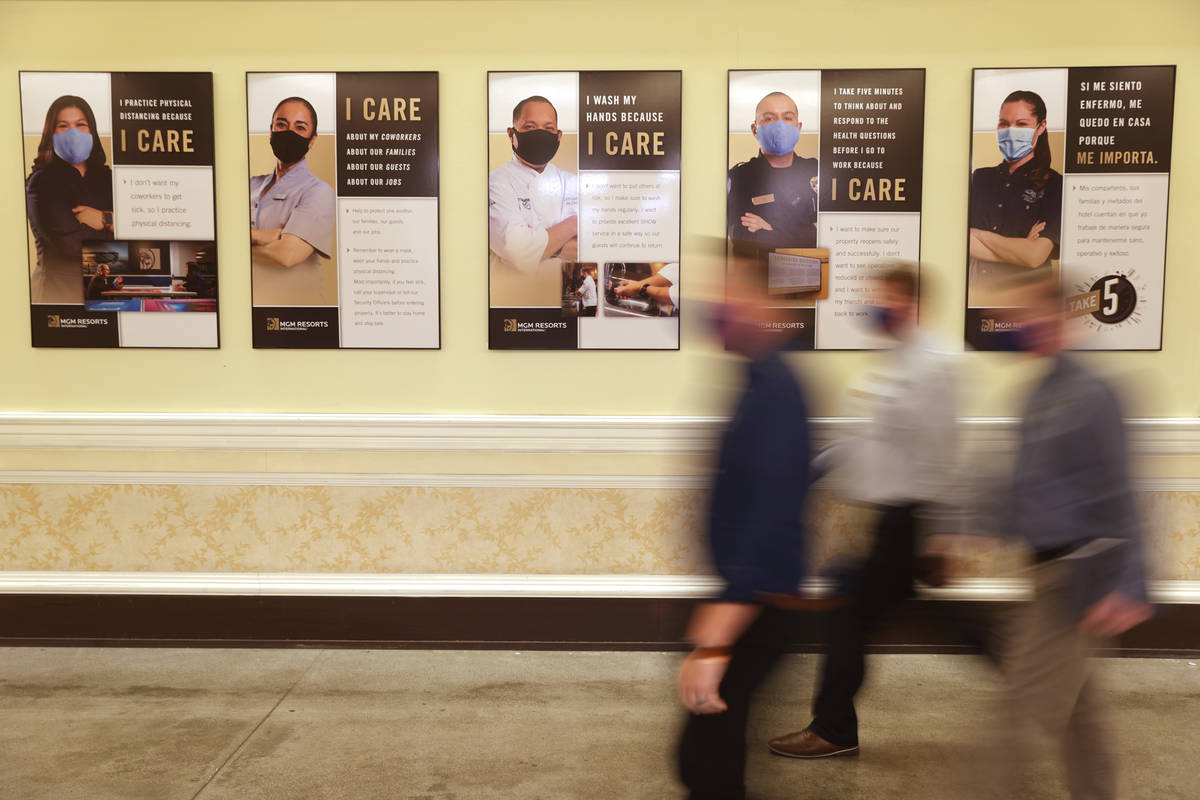Courts siding with insurance firms over business interruption claims | Business
4 min read
A growing number of U.S. courts are ruling against employers who’ve filed insurance claims for business interruption coverage stemming from government-ordered coronavirus shutdowns.
The Insurance Information Institute reports insurers have won more than a dozen cases since May, with judges ruling that the policies only kick in if a property sustains physical damage. The business owners had argued that the coverage should have started when local or state governments issued stay-at-home orders that hampered their ability to operate.
A couple of Charleston-area cases are still pending in federal court. Black Magic Cafe says its losses started on March 17, when Gov. Henry McMaster ordered a temporary halt to dine-in services at South Carolina restaurants.
The historic Calhoun Mansion at 10 Meeting St., now known as The Williams Mansion, sued its insurer after a McMaster executive order shut down museums.
A bill that would have required insurance carriers to cover coronavirus-related business losses — co-sponsored by Sen. Sandy Senn, a Charleston Republican, and Sen. Marlon Kimpson, a Charleston Democrat — was introduced in the S.C. Statehouse in April but went nowhere.
Recent court rulings indicate the local cases might be a losing cause.
For example, Judge Thomas Thrash last week dismissed a federal lawsuit brought by restaurant in Georgia, ruling that a government stay-at-home order did not cause the business to sustain direct physical loss of or damage to its insured property or surrounding premises.
Similarly, a U.S. District Court judge in Florida last month dismissed a trade show display company’s claims, saying “the plain language of the policies reflect that actual, concrete damage is necessary.”
And in another ruling in California last month, Judge Cathy Ann Bencivengo ruled against a pair of barbershops, stating: “Most courts have rejected these claims, finding that the government orders did not constitute direct physical loss or damage to property.”
Sean Kevelighan, the Insurance Information Institute’s CEO, said in a statement that forcing carriers to cover pandemic-related losses could leave many of them insolvent.
“While the insurance industry has been doing its part to step up and support their communities in this time of crisis, pandemics are fundamentally uninsurable events,” Kevelighan said.
“The federal government remains the only entity with the financial resources to help businesses recover from a systemic event of this magnitude,” he said. “With the support of the public sector and the innovation of groups like insurers in the private sector, we can come together to work toward recovering from this catastrophe and build a more resilient future.”

The Panama Canal, a key route for container ships bringing cargo to the Port of Charleston, saw a 1 percent increase in business during its most recent fiscal year as growth was tempered by the global coronavirus pandemic. Provided/Panama Canal Authority
Canal cargo edges up
Cargo moving through the Panama Canal totaled 475.1 million tons during fiscal 2020, which ended Sept. 30, the Panama Canal Authority said last week. That’s a 1 percent increase over the previous year but 4 percent less than expected.
The number of vessels transiting the canal fell by 2 percent compared to the previous year, to 13,369.
Cargo volumes were influenced by the global coronavirus pandemic and the ongoing trade war between the U.S. and China, the authority said. The biggest drops in traffic came from cruise ships, vehicle carriers and liquefied natural gas carriers.
Container ships continued to be the top vessel segment, accounting for 166.3 million tons of cargo or about 35 percent of the year’s total.
The Panama Canal is a key route for onceangoing cargo being transported from Asia to Charleston and other East Coast seaports.

The Port of Charleston has seen a surge in imports as consumers buy more home furnishings and retailers stock up for the holiday shopping season. File/Provided
Spend shift
Consumer spending in August continued to outpace year-ago totals, the latest federal figures show, and the shift away from services and toward goods is driving up imports at the Port of Charleston and elsewhere.
Furniture sales are up 15 percent, the same as tools and home and garden equipment, according to the U.S. Commerce Department. Spending on computers is up 21 percent while games and toys have seen a 23 percent jump.
That shift is unprecedented in the 60 years that consumer data has been measured, says analyst Lars Jensen, and is the result of homebound consumers during the coronavirus buying goods online instead of, say, working out at the gym.
But Jensen, CEO of SeaIntelligence Consulting, isn’t sure seaports and the container shipping industry should consider it a sustainable trend.
“Looking into the details, consumer spending on services related to recreation, travel, etc. is of course down,” Jensen said in a recent report. There have also been large declines in consumer consumption related to dental healthcare, nursing homes, physician services and funeral services.
“It is hard to see solid arguments as to why we should see a permanent decline in these types of services,” he said. “This leads to a situation where it seems very likely that we will at some point see a reversal away from goods and back to services. But how quickly and how much? Partly, that depends on the pandemic play-out which obscures forecasting. And given the consumer shift is literally unprecedented in 60 years there is limited past experience to draw upon for container shipping.”
Reach David Wren at 843-937-5550 or on Twitter at @David_Wren_







